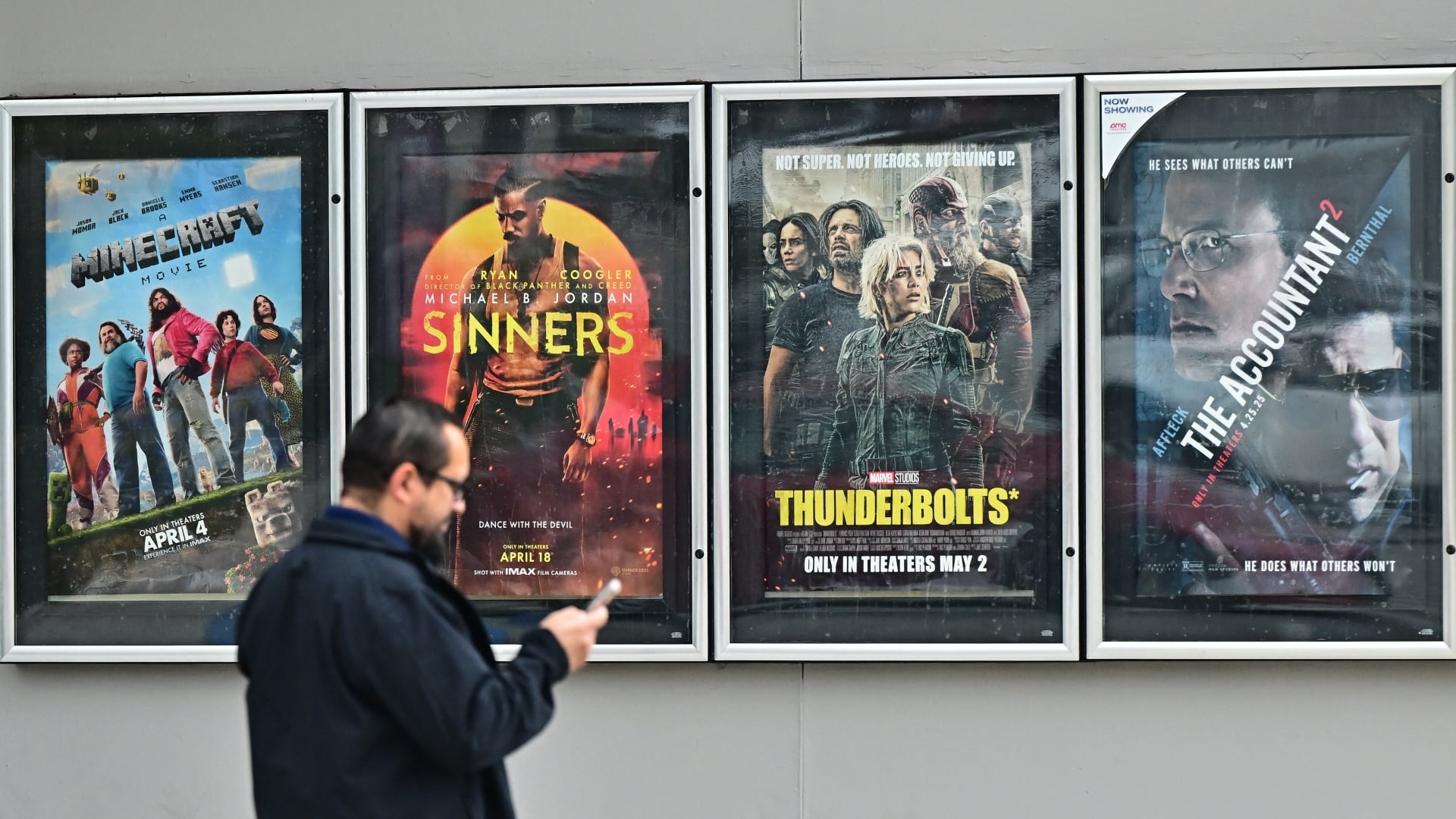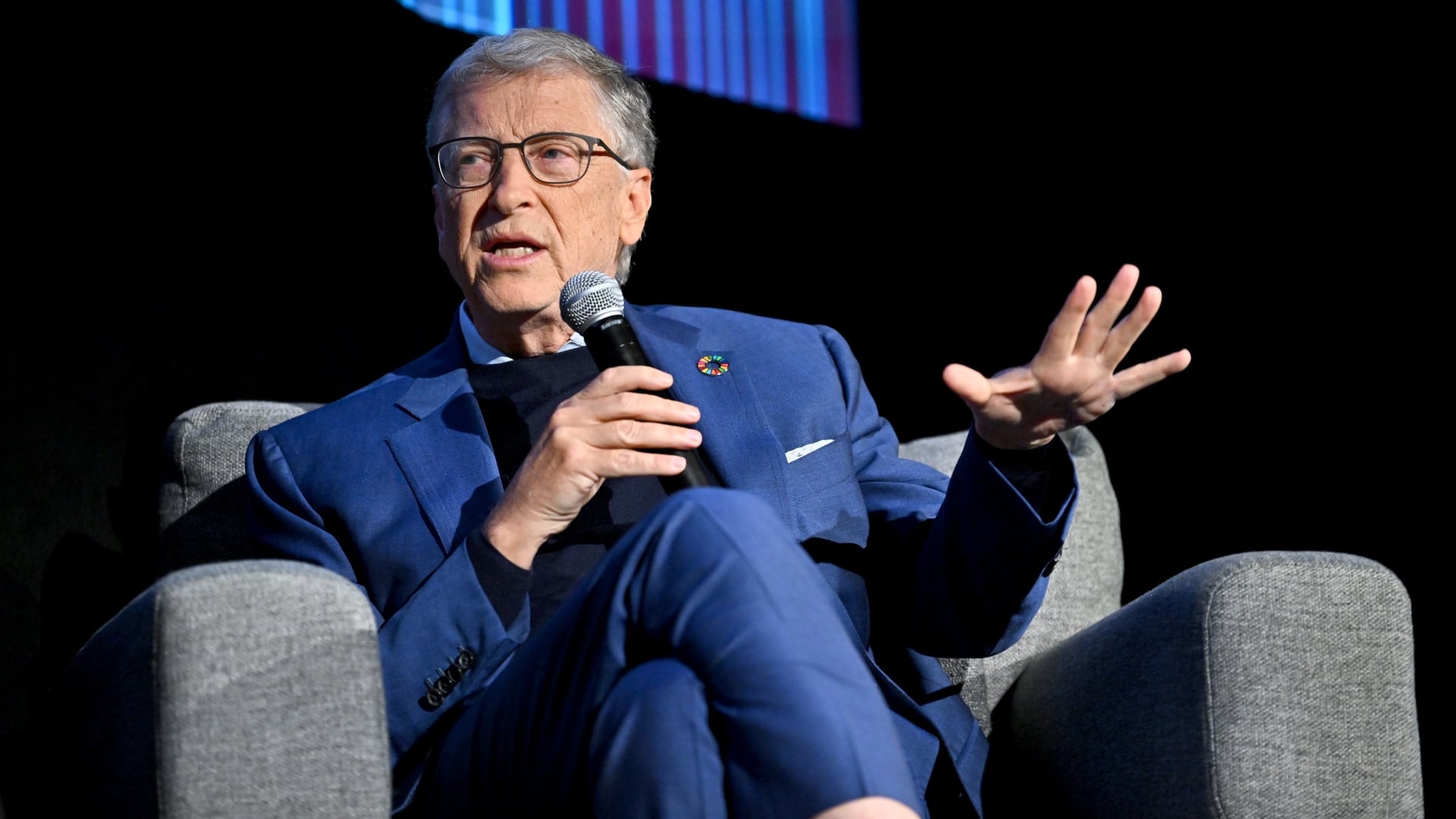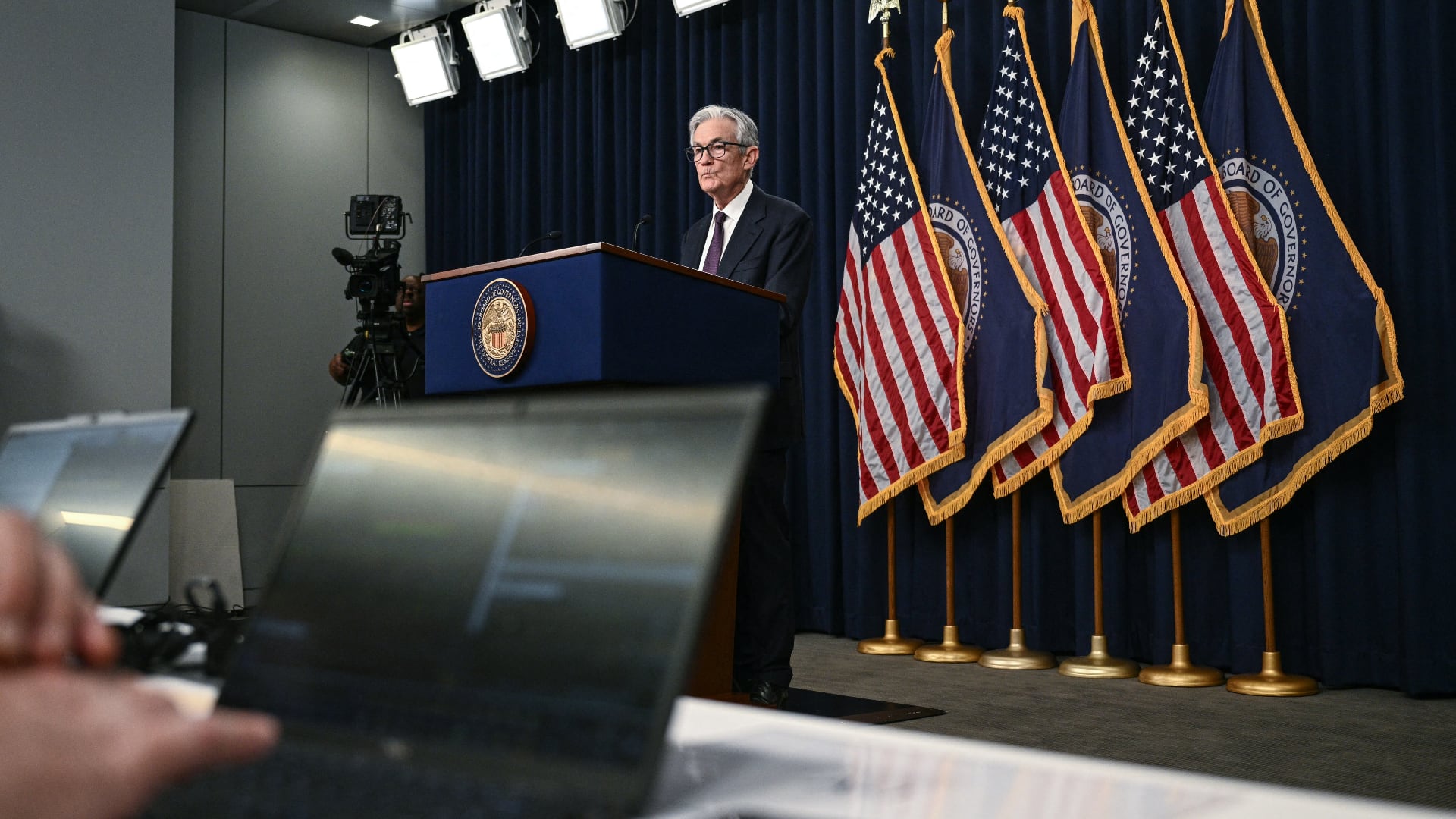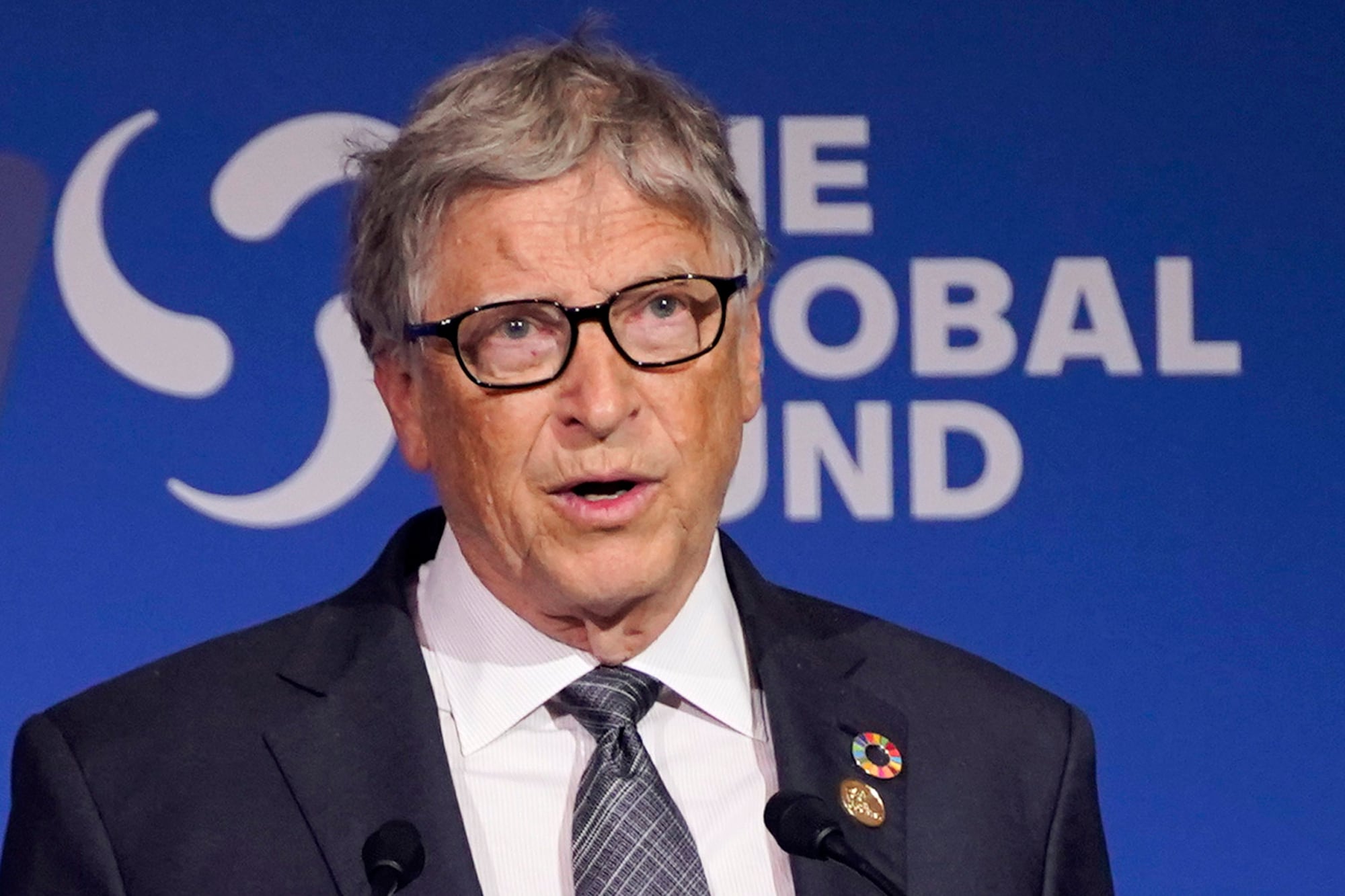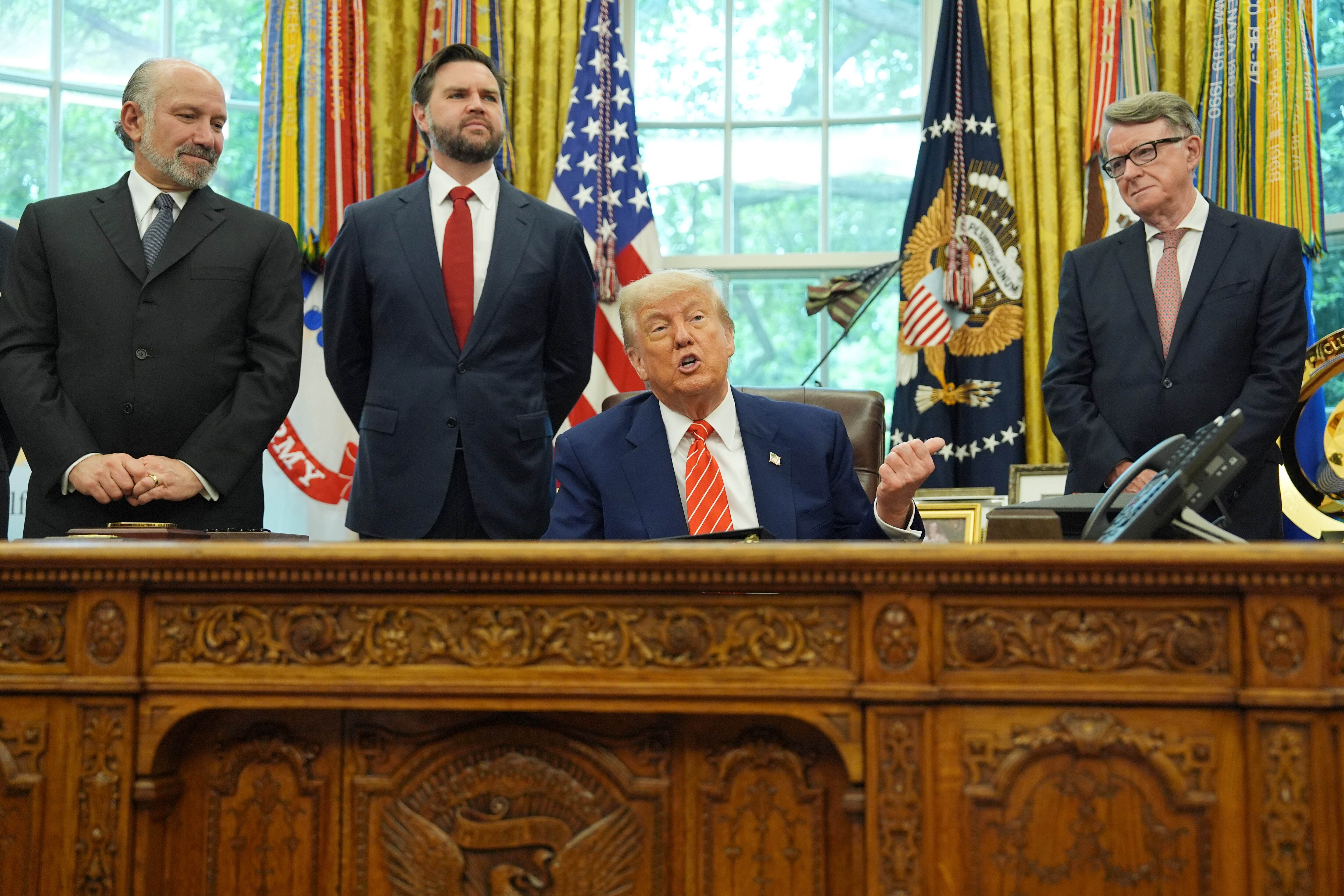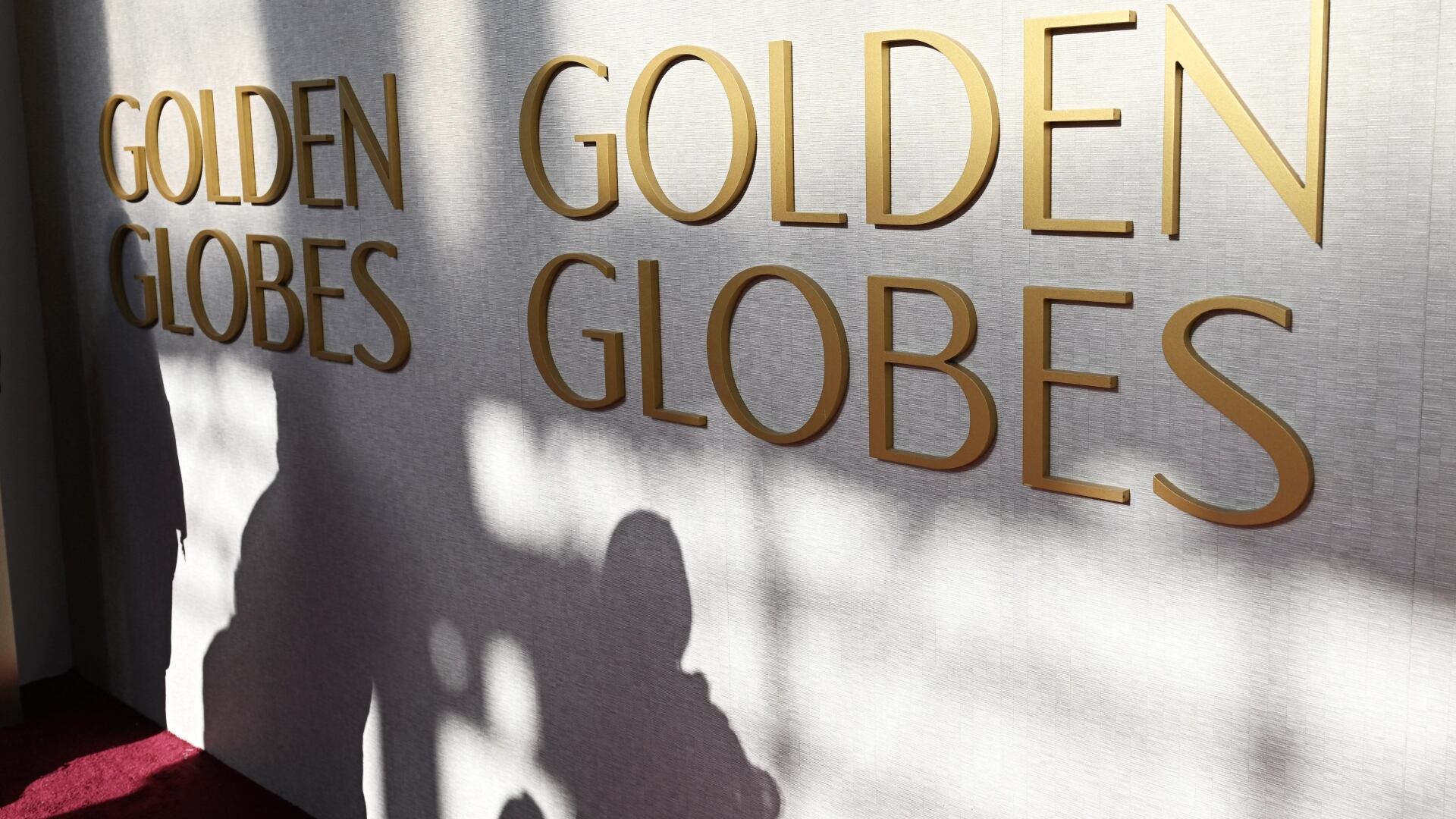Here is a rundown of Cheddar News' top market stories of the day.
BIG BANKS REPORT EARNINGS
Three of the biggest U.S. banks reported earnings before the bell on Friday, marking the unofficial start to the earnings season. Both Bank of America and JPMorgan Chase's earnings beat Wall Street estimates, though the latter said it was putting aside extra funds in case of a recession. Wells Fargo, meanwhile, took a massive hit from a $3.7 billion settlement with the Consumer Financial Protection Bureau for illegally assessing fees on borrowers, but nonetheless beat the Street's admittedly low expectation.
TIM COOK'S PAY CUT
Apple CEO Tim Cook is getting a pay cut. According to an SEC filing, shareholders voted on a $49 million pay package for the coming year, compared to $99.4 million in 2022. The compensation committee was partially responding to pressure from institutional investors who have argued for reducing the executive's pay. Going forward, more of Cook's compensation will be tied to stocks. Shares of Apple are down around 23 percent from a year ago.
SEC CHARGES CRYPTO FIRMS
While it may seem like too little, too late for those who called for more aggressive federal regulation earlier, the Securities and Exchange Commission is charging prominent crypto firms Genesis Global Capital, LLC and Gemini Trust Company, LLC for selling unregistered securities. “Today’s charges build on previous actions to make clear to the marketplace and the investing public that crypto lending platforms and other intermediaries need to comply with our time-tested securities laws," said SEC Chair Gary Gensler in a press release. "Doing so best protects investors. It promotes trust in markets. It’s not optional. It’s the law.”
CRYPTO LAYOFFS
In other crypto news, Crypto.com announced that it's cutting 20 percent of its workforce. "The reductions we made last July positioned us to weather the macro economic downturn, but it did not account for the recent collapse of FTX, which significantly damaged trust in the industry," CEO Kris Marszalek said in a blog post.


